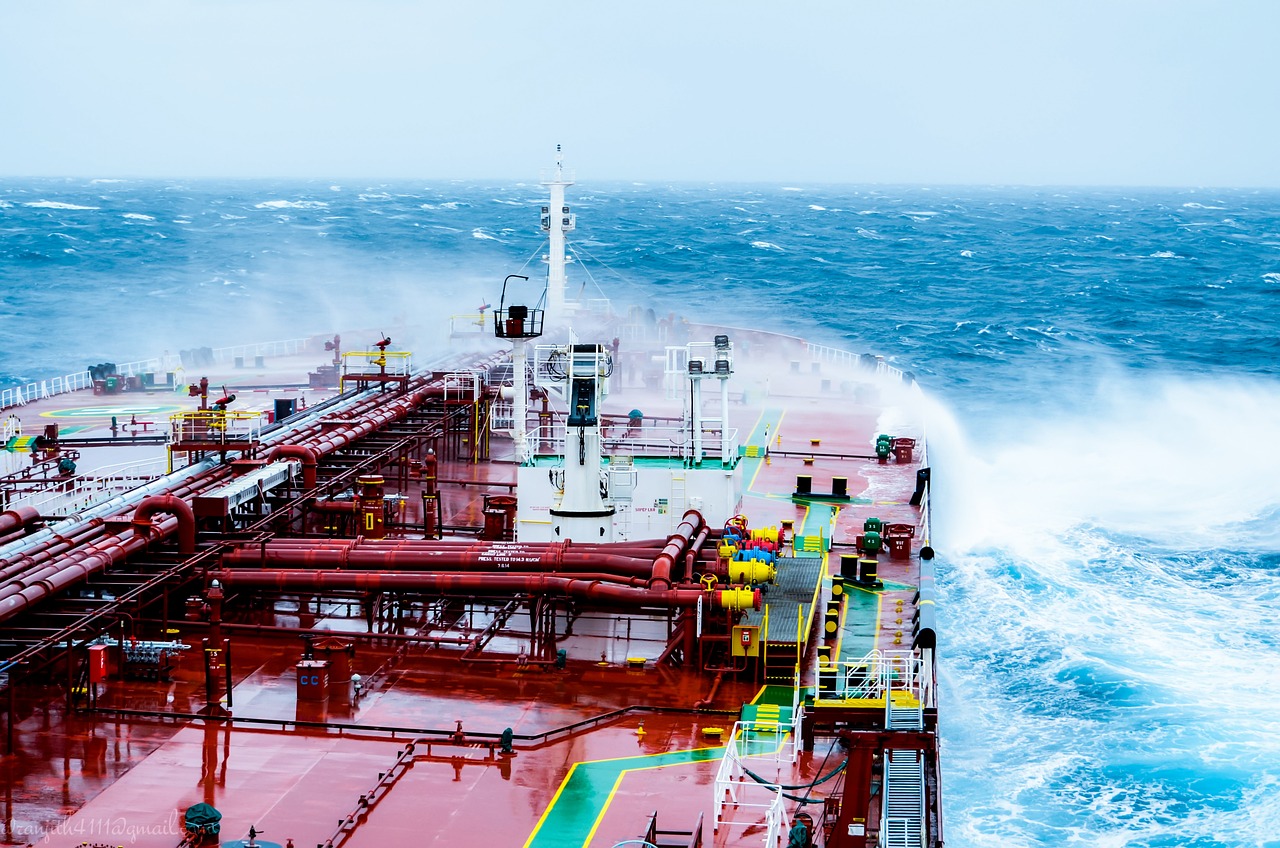The U.S. Department of Labour recently ruled that Maersk is required to pay over £546,000 ($700,000) in back wages and damages to a dismissed seaman. The investigation, prompted by a federal whistleblower, revealed that the seaman was unlawfully suspended and terminated after reporting numerous safety concerns regarding one of the company’s vessels to the U.S. Coast Guard.
The federal Seaman’s Protection Act, which safeguards the rights of seamen on U.S.-registered vessels or any vessels owned by U.S. citizens, grants the authority to report safety concerns or violations of maritime laws directly to the USCG and cooperate with federal officials without being bound by any company policy that requires employees to report internally first.
The Occupational Safety and Health Administration (OSHA) has now mandated that Maersk Line reinstate the seaman and compensate them with £356,858 ($457,759) in back wages, interest, and compensatory damages.
Additionally, the company was ordered to pay around £195,000 ($250,000) in punitive damages. Maersk is also required to revise its policy to ensure seamen are not prohibited from contacting the USCG or other federal, state, or local regulatory agencies before notifying the company.
The whistleblower investigation revealed a series of concerning safety issues reported by the seaman concerning the vessel Safmarine Mafadi, a 50,000-ton, 958-foot container ship. The reported concerns included
- Malfunctioning lifeboat release gear in need of repair and replacement,
- Incidents where a ship’s trainee was left unsupervised, leading to a fuel and oil spill that took two days to clean,
- Possible alcohol possession and consumption by crew members onboard,
- Leaks in the starboard tunnel and issues with the bilge system causing flooding in cargo holds also required urgent repair,
- Several deck sockets were found rusted, corroded, and broken, necessitating immediate attention.
Maersk’s response to the seaman’s report involved suspending them in December 2020 and ultimately terminating their employment in March 2021 for not following the company’s internal reporting procedure.
This ruling emphasises the importance of protecting seamen’s rights to report safety concerns and violations without fear of retaliation, reinforcing the commitment to maritime safety and adherence to regulations.













